This episode of EPICAST includes discussions with social scientists working with Sonar-Global on vulnerability assessments and community engagement during the COVID-19 pandemic. We highlight the method of ‘vulnerability assessments’ and how they improve our understanding of vulnerability and social exclusion in the context of infectious disease threats. We also discuss work around community engagement and the importance of dialogue with people in need to identify adaptive public health models that improve lives before, during, and after, an epidemic. We include findings from Malta, Slovenia, and Denmark.
EPICAST is also available on Spotify, Apple Podcast, and Google Podcast.
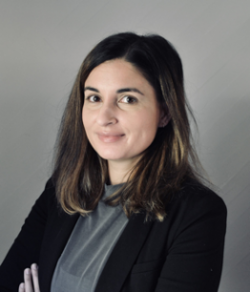
Dr Megan Schmidt-Sane
Dr Megan Schmidt-Sane is a medical anthropologist and Research Fellow in the Health & Nutrition cluster at the Institute of Development Studies. Her work is currently on the Social Science in Humanitarian Action Platform (SSHAP), which brings together social scientists, public health and humanitarian practitioners to address the social dimensions of epidemic and humanitarian crises. Her research focuses on the social science of epidemics in both informal settlements and border areas.
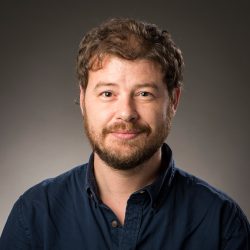 Dr Maurice Said
Dr Maurice Said
Dr Maurice Said received his PhD in Anthropology from Durham University (2015). He has been involved in field research in Sri Lanka and South Asia since 2005, focusing primarily on post-disaster recovery, resilience and development, as well as on political factionalism and the political economy of the southern coastal region of Sri Lanka. He has also conducted research – and been involved in numerous projects – dealing with disaster preparedness and crisis-response across mainland Europe and the Mediterranean region, particularly cross-border crises and sudden-onset urban disasters. His recent research has focused on the extreme-right in Malta and tensions between private/public interests over land.
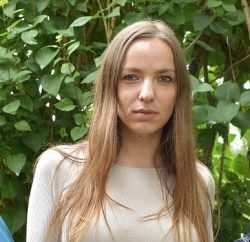
Anja Brunec
Anja Brunec is an ethnologist and cultural anthropologist who works at the National Institute of Public Health in Slovenia as a researcher in the field of vulnerabilities and inequalities in health.
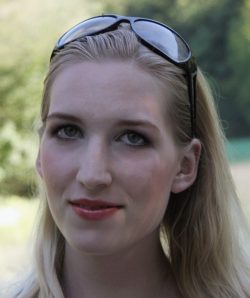 Neža Vodopivec
Neža Vodopivec
Neža is a researcher at the Department of Ethnology and Cultural Anthropology, Faculty of Arts, University of Ljubljana, where she conducts research in the field of medical anthropology and migration. Her focus is work and employment of refugees. She is currently researching vulnerability and health inequality connected to the Covid-19 pandemic.
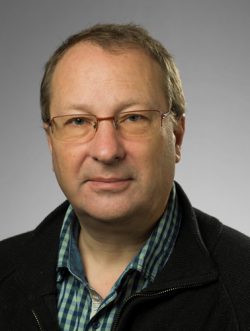 Dr Jens Seeberg
Dr Jens Seeberg
Jens Seeberg is professor of medical anthropology at Dept. of Anthropology, Aarhus University. During the Covid-19 pandemic, he was lead on the anthropological component of the project How Democracies Cope with Covid-19 and supervised nine ethnographic fieldwork projects on various forms of vulnerability. He is currently leading several projects, including “Antimicrobial Resistance across Boundaries” (in India and Nepal) and “People, Pigs and Microbes” (in Denmark), both on the biosocial dynamics of AMR across species boundaries. Recent books include ‘Biosocial Worlds’ (open access, UCL press) and ‘Configuring Contagion’ (Berghahn Publ.).